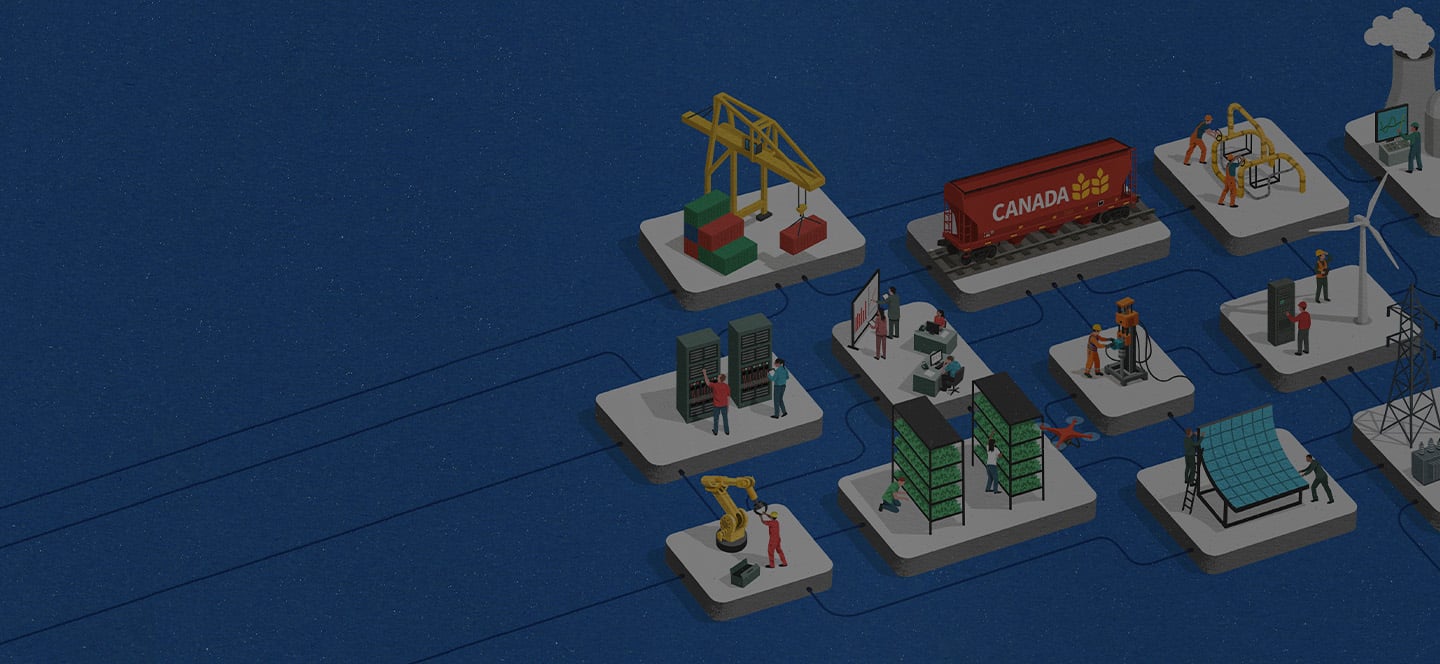On the heels of some recent positive legislative changes regarding the tax treatment of environmental study and community consultation costs, the Canada Revenue Agency (CRA) has revised its administrative guidelines for the mining industry regarding such expenses. These changes are a welcome development for the industry, and the new guidelines are helpful in providing insight regarding the CRA's views. Members of Canada's mining industry should take note, particularly since such expenses are a growing and more common part of any new mineral exploration project.
Background
At the Prospectors & Developers Association of Canada (PDAC) conference on March 1, 2015, the former Harper Government announced several changes to the mining tax rules, including another extension to the 15 percent mineral exploration tax credit for flow-through share investors. However, less attention was paid to another announcement from the same conference involving the loosening of the “Canadian exploration expense” (CEE) requirements to include the costs of undertaking environmental studies and community consultations in connection with new exploration activities. Applicable for expenses incurred after February 2015, this is good news for Canadian mining companies and their investors since expenses that qualify as CEE are 100 percent deductible in the year they are incurred, or eligible for renunciation to investors via qualifying flow-through shares.
New CRA Guidelines
The new CRA guidelines regarding such expenses were released on January 24, 2017. In these guidelines, the CRA confirms that both environmental assessment and community consultation costs will generally qualify as CEE under the new rules where they are undertaken to meet a requirement or obligation (whether legal or informal) to obtain a permit or satisfy its terms. Other kinds of expenses that will generally qualify include costs of:
- environmental sampling or monitoring in relation to an exploration activity;
- targeted environmental assessments (such as vegetation, fisheries and water assessments) conducted in conjunction with a specific exploration activity;
- negotiating with local communities to secure certainty with respect to exploration operations or to secure surface access for exploration purposes; and
- other consultations undertaken at the taxpayer's discretion in respect of the exploration process.
According to CRA, expenses that may not qualify as CEE would include the costs of consultations to assess community attitudes before making a decision to explore and the costs of discretionary baseline environmental assessments undertaken before carrying out exploration activities.











